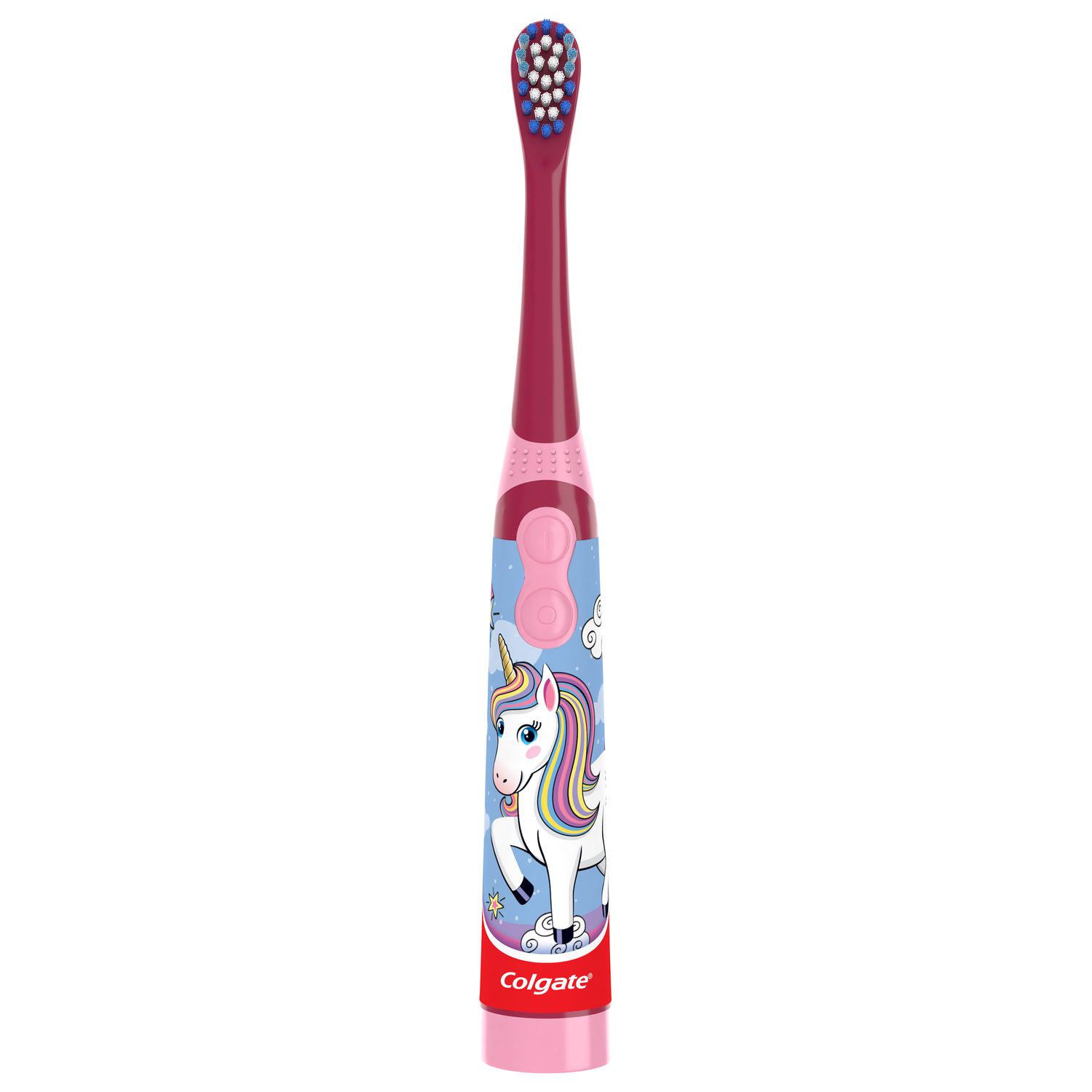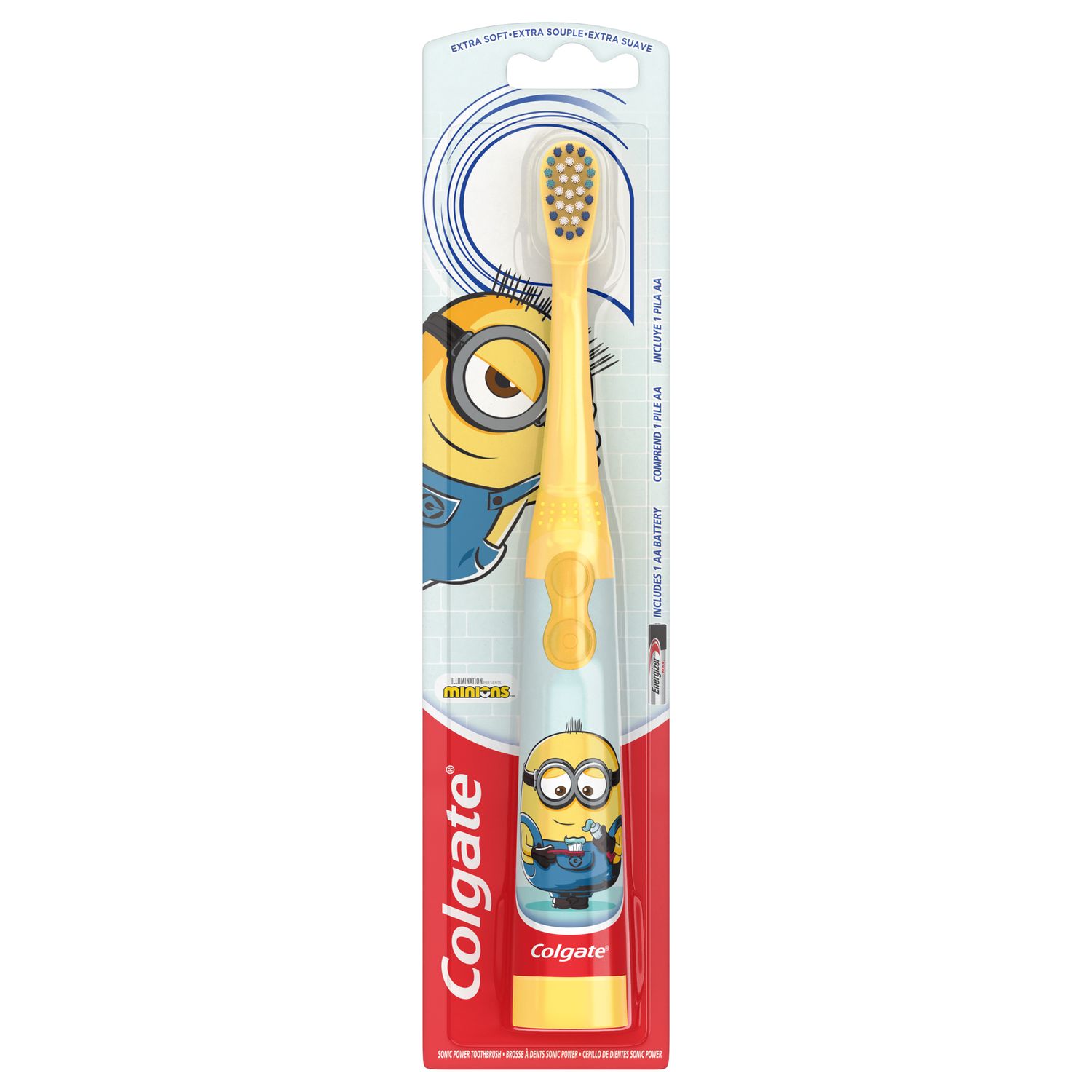Tooth Decay Is the Most Common Chronic Disease in Children
According to the Centers for Disease Control and Prevention, tooth decay is one of the most common diseases that affect children in the United States. In fact, it’s the most common chronic disease in the world! Around 1 in 5 U.S. children aged 5 to 11 have at least one untreated decaying tooth, and 1 in 7 children aged 12 to 19. And children in both of these age groups are twice as likely to be affected if they come from low-income households.
Luckily, tooth decay and other children’s oral health problems are preventable by teaching your child to practice good oral hygiene and visiting a dentist or pediatric dentist for regular check-ups.
The First Dentist Appointment Could Be Sooner Than You Think
The American Dental Association (ADA) recommends scheduling a pediatric dentist visit as soon as your child's first tooth appears, and no later than their first birthday. Still, it's never too late to start bringing your kid in to see a dental professional. If your child has teeth coming in, and you haven't scheduled a visit, start looking into great pediatric dentists and make an appointment as soon as you find one.
Mouthrinse Isn't Recommended For Kids Under The Age of 6
Mouthrinse is an important part of any good oral health routine... that is, for anyone older than six, according to the ADA. If your child is younger than that, they may have trouble not swallowing the stuff. And while fluoride is important for healthy teeth, too much can cause a condition called fluorosis in teeth that are still forming. Fluorosis in developing teeth can cause white, yellow or brown streaks or spots.
Once your kid gets a little older, they can use special mouthrinses made for kids that come in fun bottles with flavors they'll enjoy. Just be sure to teach them how to swish it in their mouth and spit it out without swallowing.
Sports Are A Leading Cause of Dental Injuries
Most kids are involved in some form of sport, whether they play a team sport in a league or ride around solo on skateboards, bikes or, rollerblades. While sport is great for health, fitness and social development, it can put kids at risk for dental injuries. The American Association of Pediatric Dentistry notes that sports cause 10 to 39 percent of dental injuries in children, with chipped and broken teeth most common. The best way to avoid this fate is to make sure your little athlete wears protective sports gear, including a mouthguard.
Poor Oral Health Costs Millions of Lost School Hours
The New York State Department of Health warns that 51 million school hours are lost each year due to children’s oral health problems. By teaching your child to practice good oral hygiene and bringing them in for regular check-ups, you can prevent more severe oral health issues and prevent them from missing out on their education.
7 Fun Teeth Facts for Kids
Want to make dental health more interesting for your kids? Share these seven fun teeth facts with them:
- You already have a full set of 20 baby teeth when you’re born. You can’t see them, but they’re sitting under your gums ready to start poking through at about six months old.
- Some babies are born with teeth that have already come through. They’re called natal teeth, and may be wobbly or discolored.
- Your mouth can produce up to half a gallon of saliva every day. That’s the same as a carton of milk! Throughout your life, you’ll produce about 25,000 gallons of spit.
- Your mouth contains more bacteria than there are people in the whole world.
- Your teeth are like your fingerprint. They’re completely unique to you and nobody else in the world has the same teeth.
- About a third of each tooth is hiding under the gums. That part of the tooth is called the root, and it goes into the jaw bone like the roots of a tree go into the ground.
- A garden snail has about 14,000 teeth – more teeth than any other animal in the world! Human adults have 32 teeth, dogs have 42 teeth, and cats only have 30.
Developing Good Oral Hygiene Habits Early Is the Key to Prevention
Remember that a large part of passing along good habits to your children is practicing good habits yourself. Brush at least twice a day, and don't forget to brush your tongue. Clean between your teeth with interdental brushes or water flossers at least once a day. Consider using other helpful products like an antimicrobial mouthrinse and a tongue scraper. And visit your dental professional for regular checkups. When your child sees you prioritizing healthy habits they're more likely to do the same, especially if you make it fun. That's something you can both smile about.
Oral Care Center articles are reviewed by an oral health medical professional. This information is for educational purposes only. This content is not intended to be a substitute for professional medical advice, diagnosis or treatment. Always seek the advice of your dentist, physician or other qualified healthcare provider.
ORAL HEALTH QUIZ
What's behind your smile?
Take our Oral Health assessment to get the most from your oral care routine
ORAL HEALTH QUIZ
What's behind your smile?
Take our Oral Health assessment to get the most from your oral care routine














